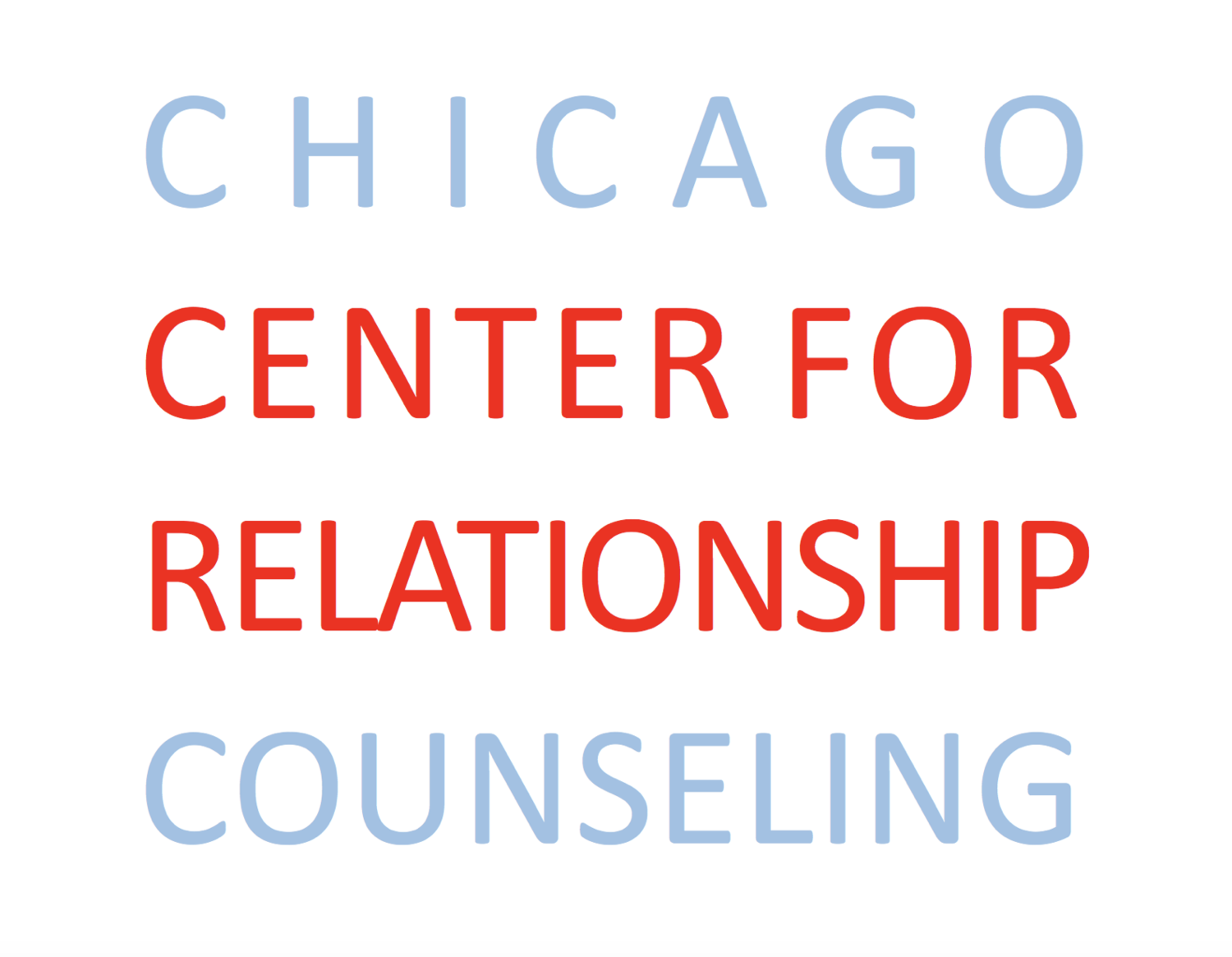Navigating Grief and Loss As a Couple: Tips for the Supporting Partner
Grief and loss are an inevitable part of life that binds all human beings together. Yet, each person has their own unique ways of expressing grief and loss, while also coping with this difficult period of transition. Thus, it can be difficult to figure out how to support your partner during these trying times, especially when you both have differing ways of coping with and expressing grief. Here are a few tips to keep in mind as you accompany your partner on their journey of grief and healing:
1. Be Present & Listen
When you see your partner in a great deal of pain and sadness, it is normal for you to want to alleviate their pain and suffering by attempting to “fix” the situation. However, this is not possible because loss is an inevitable part of life, and it is not something we can control. Instead, we can sit and listen to them as they express their emotions verbally or display it through their behaviors, by allowing themselves to cry.
Creating a warm, and supportive space for your partner to share their feelings with you gives them permission to show up as their authentic self and be vulnerable with you, leading to a greater sense of trust, intimacy, and safety in the relationship. Your presence and attentiveness can allow your partner to feel seen, heard, and understand by you, which is at times more powerful than any solutions you could possibly offer. Remember that as humans we like to know that someone is bearing witness to our suffering and pain as it humanizes our experience. This framework is more empowering for the grieving partner, rather than being seen as “broken” or “damaged” and in need of “fixing.”
2. Validate Your Partner and Their Experiences
After taking the time to listen to your partner, be sure to offer verbal or physical validation. Validation can sound like, “It makes sense to me that you feel hurt and devastated because….” Or “It’s okay to feel _______.” It can also be demonstrated through a pat on the back or holding hands all of which can serve as a nice reminder for your partner that you are there with them and for them. These verbal and non-verbal signals deepen connection as you both turn toward one another.
3. Keep The Memories of the Loved One Alive
Rituals revolving around the loved one may be crucial part of healing because it allows us to maintain a psychological connection to the loved one even though that person is no longer physically present with us. Helping your partner figure out a ritual that they would like to partake in in order to honor the life that their loved one has lived. A ritual can take on many forms such as visiting the loved one’s grave every year and putting flowers on it, cooking a recipe created by the deceased individual, or carrying a souvenir given to them by their loved one. Establishing and maintaining a ritual allows the mourning partner to know that they have to carry the grief on their own and that the pain can be shared with their partner which can bring comfort to the person who is mourning and be an emotionally relieving experience.
4. Engage in Self-Care and Set Firm Boundaries
It is difficult to be supportive of one’s partner when you are not taking care of your own mental and emotional well-being. Thus, it is important for you to engage in self-care activities that replenish your energy. These activities may include going for a walk, listening to music, journaling, or spending time with friends. These activities allow you to maintain an appropriate level of distance from the grief so that it does not become all-consuming. In order to make time for self-care, one must practice the art of setting gentle, yet firm boundaries with their grieving partner. This may mean that you communicate your limitations openly and honestly with them and connect them with alternative sources of support. You may say something like, “I want to be there for you, but I do not have the capacity to show up for you like how I would like to right now. Can I help you find someone who can support you?” Establishing healthy boundaries means that you are self-aware and understand your capabilities and limitations. This will then allow your partner to look for alternative opportunities/ways for getting their needs met.
Experiencing loss and undergoing the process of grief is a tremendously painful life-altering event. At the same time, however, it can be seen as a pathway to connection because you are able to learn more about your partner, support them through their process of grief, and witness their resiliency. As you go through this difficult journey, remember to extend the same level of kindness and grace to yourself as you would to your partner because loss effects all those who are impacted by it just to different degrees and in differing ways.



